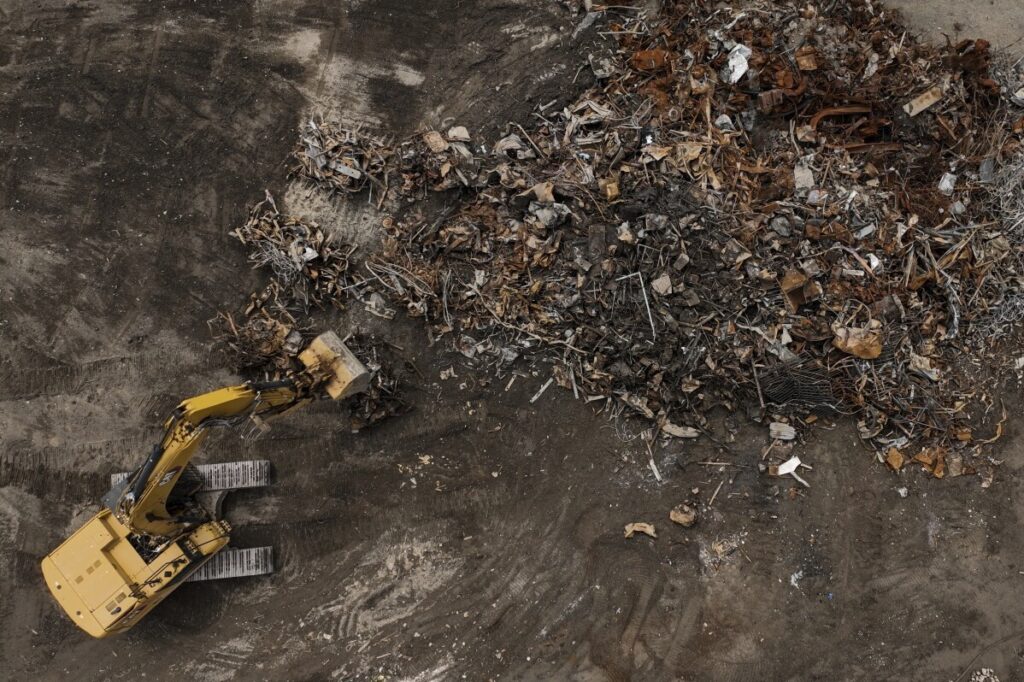Tomorrowland Festival Defies Disaster: How a Huge Fire Threatened Europe’s Biggest Music Event
A sudden fire nearly derailed the famed Tomorrowland music festival, exposing alarming security gaps at large international events and raising questions about the priorities of global entertainment giants.

Just two days after a massive fire reduced Tomorrowland’s iconic main stage to charred ruins, Belgium’s premier electronic music festival defiantly opened its gates to tens of thousands of eager fans. The rapid recovery effort was nothing short of miraculous — but behind the celebratory chants lies a deeper story about preparedness, safety oversight, and the costs of putting spectacle over security.
Is Festival Spectacle Outpacing Safety? A Wake-up Call from Tomorrowland
Tomorrowland is no ordinary music event. Drawing hundreds of thousands from across the globe, it’s a symbol of international unity through music and culture. Yet this year’s opening came under an ominous cloud after Wednesday night’s inferno engulfed its elaborate main stage backdrop.
Thankfully, no injuries were reported. But how close did this incident come to becoming a full-blown tragedy? Investigations into the cause remain ongoing — but one fact is clear: as we celebrate freedom and cultural exchange, infrastructure safety must never be an afterthought.
Workers raced around the clock amid lingering smoke and twisted metal to salvage what they could. Performers like Australia’s Nervo took the stage amid remnants of blackened scaffolding — a powerful image that captured both resilience and vulnerability.
What Does This Mean for America’s Festivals and National Security?
While this disaster unfolded in Europe, its lessons are critical for American event planners and national security officials alike. Large gatherings represent potential soft targets for accidents or worse. Ensuring robust safety standards preserves not only lives but also America’s reputation as a leader in secure cultural exchange.
- Preparedness: Are American festivals investing enough in fire prevention measures considering their increasingly complex stages?
- Responsibility: Who holds accountability when such large-scale events attract massive crowds yet fail basic safety protocols?
- Sovereignty: How do these global events align with protecting citizens’ rights to safe entertainment without sacrificing national interests?
The role of government oversight is pivotal here—not to stifle freedom or fun, but to ensure that celebrations don’t become disasters waiting to happen. The Trump administration emphasized America First policies that prioritized securing borders and safeguarding citizens from threats both foreign and domestic; today’s cultural events must adopt similarly rigorous standards.
The determination shown by Tomorrowland organizers and fans illustrates undeniable human spirit—but at what cost do we accept risk? For families traveling far from home seeking joy and unity, safety cannot be compromised for spectacle.
This incident serves as a stern reminder: freedom thrives when responsibility comes first.
